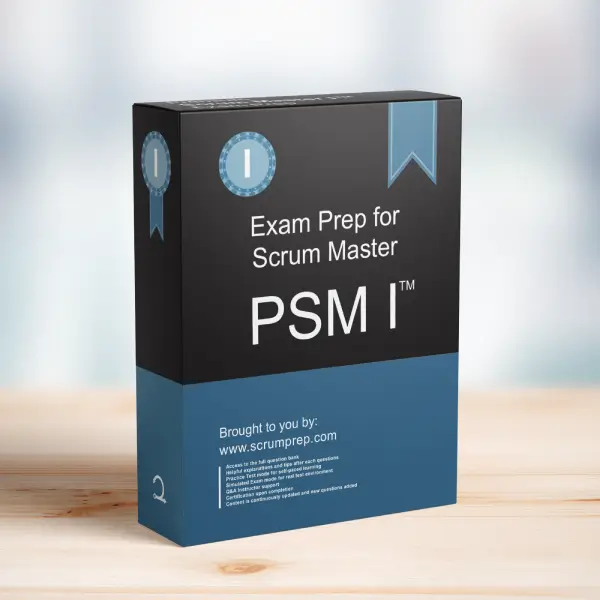Understanding the Length of the Sprint in Scrum
In Scrum, the duration of the Sprint is an essential aspect that influences the team’s efficiency and the project’s success. Let’s examine the correct approach to determining the length of a Sprint.
Exam Question
Which of the following are true about the length of the Sprint? (choose the best answer)
- A. All Sprints must be one month or less.
- B. The length of the Sprint should be proportional to the work that is done in between Sprints.
- C. Sprint length is determined during Sprint Planning, and should be long enough to make sure the Scrum Team can deliver what is to be accomplished in the upcoming Sprint.
- D. Sprint length is determined during Sprint Planning, and should hold the time it will take to build the planned features in the upcoming Sprint, but does not include time for any testing.
Correct Answer
A. All Sprints must be one month or less.
Explanation
Why A is Correct
A. All Sprints must be one month or less:
In Scrum, the maximum duration of a Sprint is one month. This timebox ensures that the team has regular opportunities to inspect and adapt their process and product. A shorter Sprint length increases the frequency of feedback and reduces the risk of deviating from the desired path.
Why B, C, and D are Incorrect
B. The length of the Sprint should be proportional to the work that is done in between Sprints:
This statement is incorrect because it implies that the Sprint length can vary based on the work done between Sprints, which contradicts the principle of having a consistent Sprint duration.
C. Sprint length is determined during Sprint Planning, and should be long enough to make sure the Scrum Team can deliver what is to be accomplished in the upcoming Sprint:
The Sprint length is not determined during Sprint Planning but is established at the beginning of the project and remains consistent throughout. It is not adjusted based on the workload of a specific Sprint.
D. Sprint length is determined during Sprint Planning, and should hold the time it will take to build the planned features in the upcoming Sprint, but does not include time for any testing:
This statement is incorrect because it suggests excluding testing from the Sprint duration, which goes against the Scrum principle of delivering a potentially releasable increment by the end of each Sprint, including all necessary activities like development and testing.
Key Points
- Consistent Sprint Duration: Sprints must be consistent in length and should not exceed one month.
- Regular Feedback: A shorter Sprint length ensures frequent feedback and reduces the risk of significant deviations.
- Comprehensive Work: The Sprint includes all activities necessary to deliver a potentially releasable increment, including development and testing.
Roles and Responsibilities in Scrum
- Product Owner: Ensures that the Product Backlog is ordered to maximize the value delivered each Sprint.
- Scrum Master: Facilitates the Scrum process and ensures that the team adheres to the principles of timeboxing and consistent Sprint durations.
- Developers: Plan and execute the work within the fixed Sprint duration to deliver a potentially releasable increment.
Relevance to the PSM I Exam
Understanding the correct approach to Sprint length is crucial for the PSM I exam. This knowledge helps candidates appreciate the importance of timeboxing and consistent Sprint durations in Scrum.
Conclusion
In Scrum, all Sprints must be one month or less. This consistent timebox ensures regular opportunities for inspection and adaptation, frequent feedback, and reduced risk. Adhering to this principle is essential for effective Scrum implementation.
For comprehensive preparation and practice exams, check out PSM I Exam Prep to enhance your understanding and application of Scrum principles.




